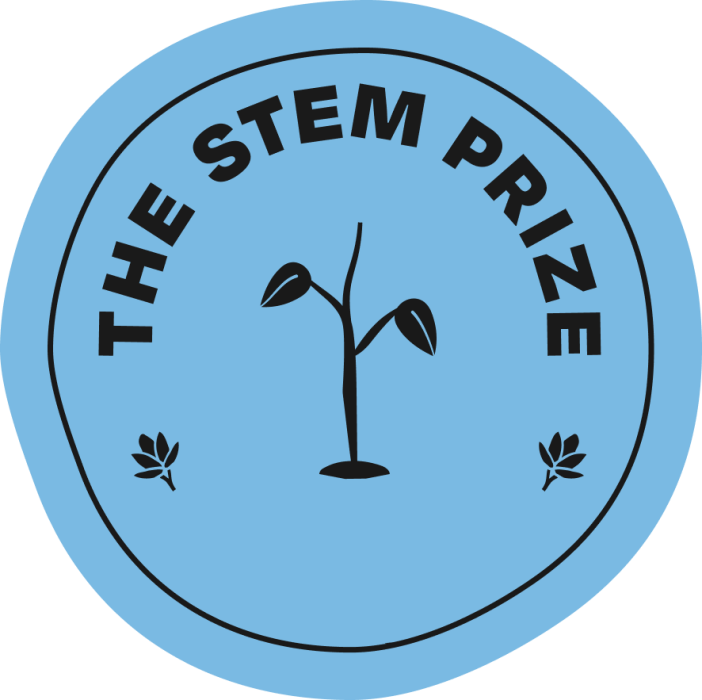
Project Sparsa is a social business producing and selling compostable menstrual pads made from banana fibre, a locally abundant resource. Sparsa aims to minimise plastic waste, reduce pollution, and contribute to local environmental preservation by offering an alternative to conventional pads. Project Sparsa prioritises local sourcing, creating economic opportunities for farmers and communities involved in banana farming. With the revenue generated, Project Sparsa supports menstrual awareness campaigns, promoting the use of biodegradable menstrual products and challenging societal taboos. Funding and support from the Stem Prize will go towards constructing the first banana fibre processing factory.
The innovative use of banana fibre and the project’s scalability, along with their significant workshop outreach to over 6,000 people, make it an impactful solution addressing women’s rights and sustainability.

Dipisha Bhujel is a menstrual equity advocate and social entrepreneur working to eliminate period poverty in Nepal. Since 2015 she has worked in the field of women empowerment and environmental protection with various national and international organisations, at both advocacy and operational level. Dipisha has been successful in educating around 8,000+ young people in Nepal, promoting menstrual equity while challenging the taboo and stigma surrounding menstruation. She is the Co-Founder and Chairwoman of Sparsa, a social business that produces and sells compostable menstrual pads made of banana fibre while raising awareness about menstrual health across Nepal. Dipisha is also the recipient of the prestigious Asian Girls Social Innovation Award and Zonta International Young Women in Public Affairs Award.
Plastic pollution has become a pressing problem in Nepal, with adverse effects on the environment and human health in its rivers, valleys, and urban areas. While the focus has primarily been on single-use plastics like bottles and bags, another significant concern is the improper disposal of conventional menstrual products, which are 90% plastic-made with very few biodegradable alternatives. Approximately 127 million pads are sold annually in Nepal, generating an estimated 120 tons of significant plastic waste.
Compounding the issue, Nepal lacks adequate recycling infrastructure, further amplifying the environmental footprint of these products. The decomposition process of a single pad alone requires a minimum of 500 years. Consequently, the continued use of harmful disposal methods such as burying and burning perpetuates the environmental impact of menstrual products, leading to water and land contamination. This improper disposal poses threats to the ecosystem and has adverse effects on agricultural output.
The construction of Project Sparsa’s first banana fibre processing factory in Nepal signifies a remarkable milestone towards environmental sustainability. With the funding from the Stem Prize, Project Sparsa can procure the necessary machinery and equipment for the pad production factory. It will enable efficient production processes, including adopting energy-saving technologies and implementing waste-reduction measures. Project Sparsa hopes to advocate for implementing this sustainable model worldwide. Once proven successful, in collaboration with The Prakash Lab of Stanford University, the open-access knowledge will be published and available online.


